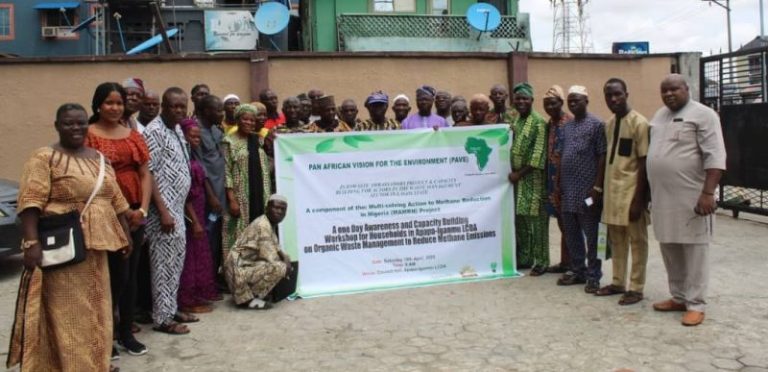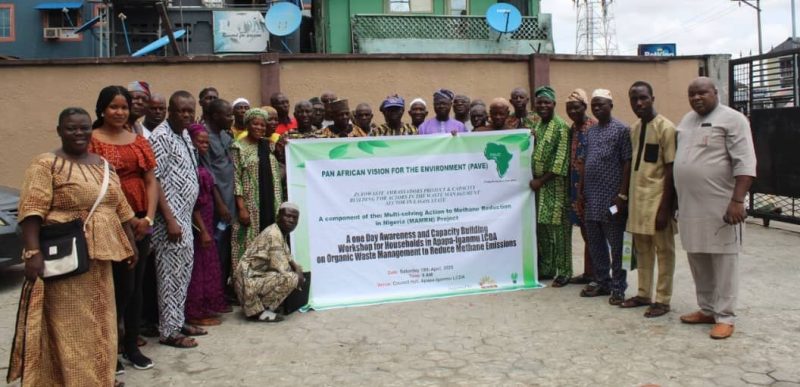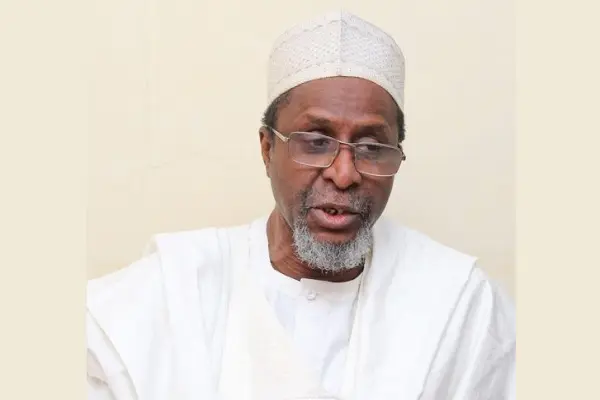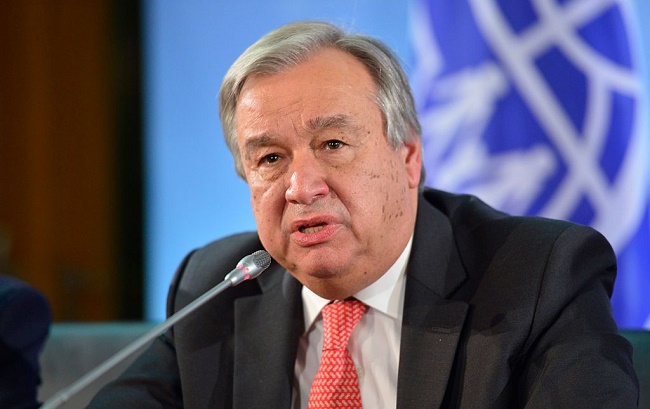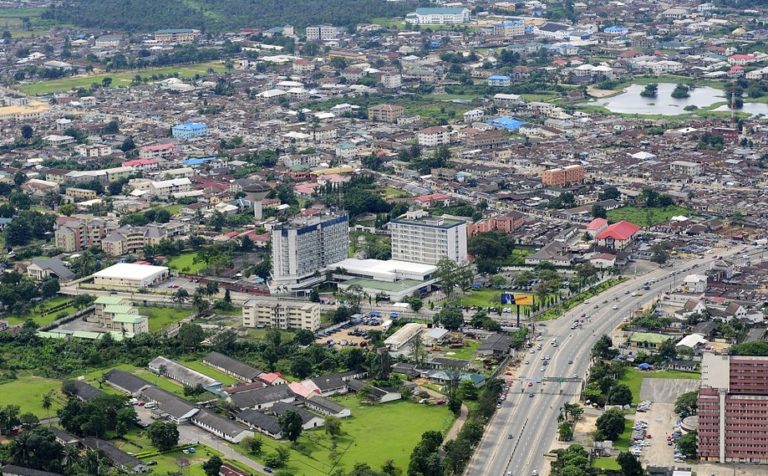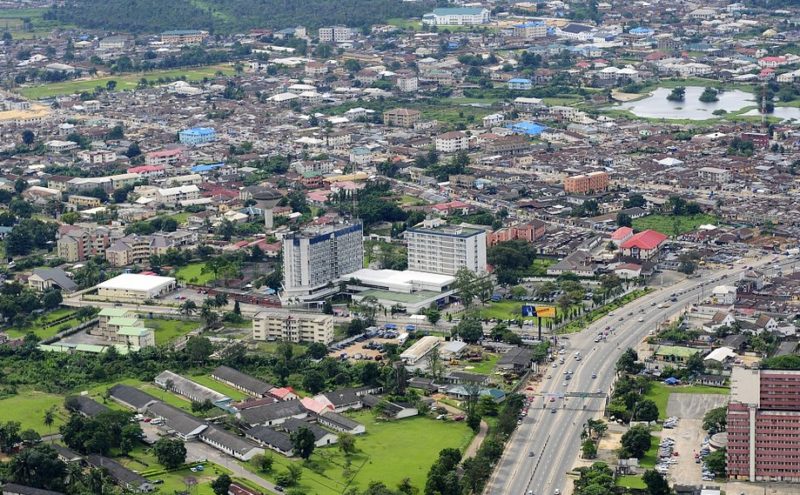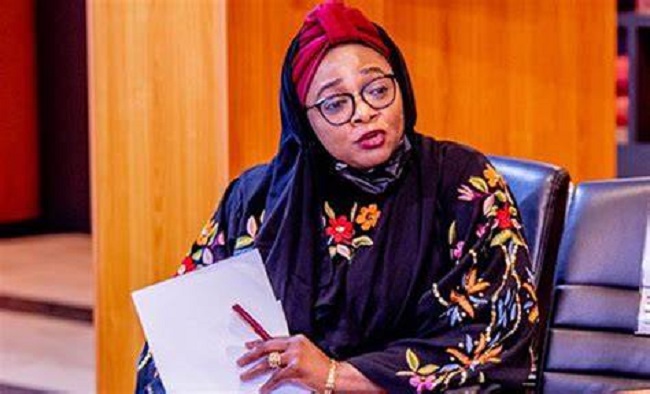The Renevlyn Development Initiative (RDI) has delivered a letter to the World Bank Group at its Lagos office urging its executive directors to end industrial animal agriculture financing because of its impact on man, animals and the environment.
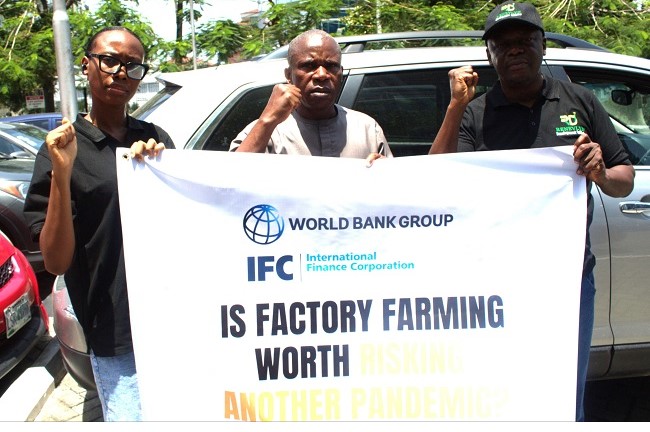
The delivery of the letter is one of the actions undertaken by activists in different parts of the world as part of a global day of action demanding that the World Bank and its private arm – the International Finance Corporation (IFC) – stop financing factory farming projects.
In a statement issued in Lagos, RDI said that the World Bank is owned by governments, including Nigeria and public money is being used to finance factory farms – despite their harmful impacts on climate change, biodiversity, and human rights.
Factory farming is a leading cause of climate change, deforestation, biodiversity loss, and zoonotic disease outbreaks. It also exacerbates gender-based violence, labor exploitation, and social inequality, disproportionately harming women and low-income communities.
The public letter, signed by 250 organisations, academics, and advocates in 14 cities across five continents calls on the World Bank to exclude factory farming from its financing by adopting a formal exclusion policy and for it to commit to phasing out existing projects and redirect financial support instead toward sustainable, high-welfare food systems.
Leaders of the movement include International Accountability Project, Bank Information Centre, Friends of the Earth US, Sinergia Animal, and World Animal Protection. In Nigeria, RDI and other environmental groups have been consistent in their opposition to factory farming and its ancillary sector, the fertiliser industry in view of their contribution to pollution, public health challenges.
The IFC is one of the partners that provided a financing package of $1.25 billion to Indorama Eleme Fertiliser and Chemicals Limited to supposedly boost fertiliser production despite the company’s environmental track record.
In 2021 the company was linked to the pollution of Okulu River in Aleto community of Eleme local government area of Rivers state leading to grave impacts on aquatic animals.
Nigeria also recently entered into a $2.5 billion Memorandum of Understanding (MoU) with Brazilian meatpacker JBS to build six production facilities which are likely to have impacts on the environmental and animal health.
Philip Jakpor, Executive Director of RDI, said: “Nigeria should not be complicit in financing this harm. Nigeria is a shareholder of the World Bank, which means our government plays a role in deciding where money is invested. We do not want our public funds supporting industrial factory farms that harm communities, animals, and the planet.
“Today, we are calling on our government to push for an end to these destructive investments. The World Bank should ‘hands off Nigeria’ when it comes to supporting factory farms and chemical fertilisers.
“The World Bank and IFC’s financing of factory farms contradicts their commitments to the UNFCCC Paris Agreement, UN SDGs, and the Kunming-Montreal Global Biodiversity Framework. Countries like Nigeria should not be financing industries that undermine these agreements.”
The IFC is also proposing a loan of $5.44 million to Africaine de Production Animale and Couvoir Amar, two Senegalese companies operating in the industrial poultry production value chain. The IFC’s loan, covering about half of the total investment, will finance the construction of a 76,800 tons per annum animal feed mill [and] the raw material will be mainly soybeans and maize which will be imported through an international trader mainly from Brazil.
“What we are documenting in Nigeria and across Africa is alarming and Nigeria must lead the way in rejecting these investments. We need our government to use its World Bank vote to stop factory farming investments,” added Dominion Amupitan, RDI Project Assistant.
“This is a critical moment for the Bank to transition to funding sustainable, just food systems that protect people, animals, and the environment,” Amupitan insisted.



